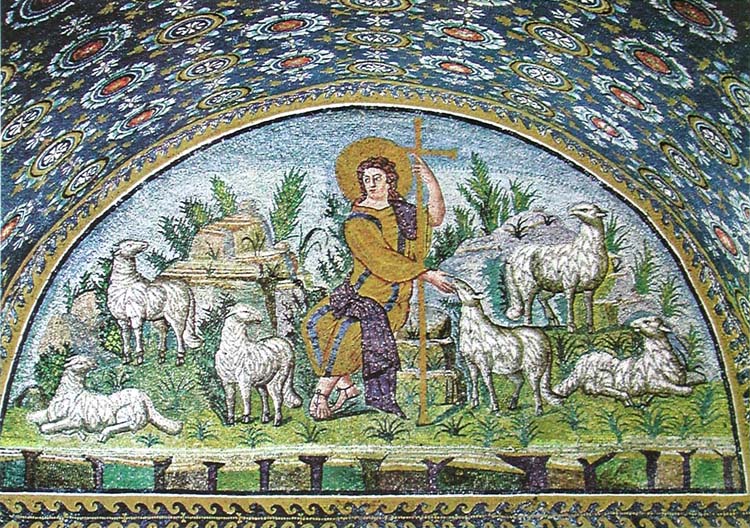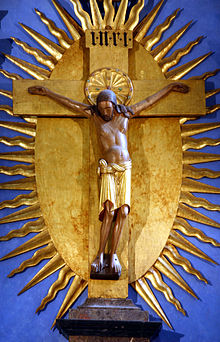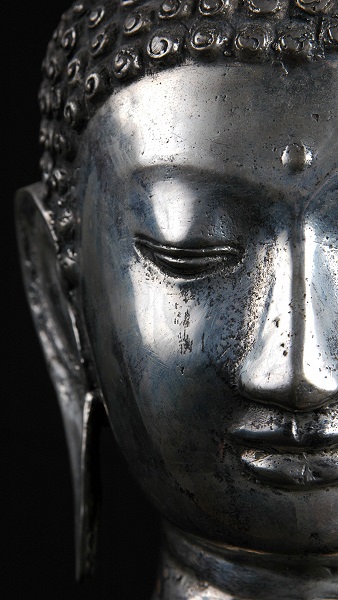
Most of the time, I confess, I think of Christianity as a violent religion. Beginning w/ the Crusades, various holy wars, the Spanish Inquisition, the Salem witch trials, Nazi Germany… It doesn’t appear to have read the New Testament, and it certainly doesn’t stress peace on earth to any real degree. Or so it’s always seemed to me.
I’ve always loved the stories of Jesus, and believed in the historical Jesus as a child. But early on I could see that most of the Christian systems I knew — churches, schools, etc. — didn’t follow Jesus. There was no turning of the other cheek, no welcoming of the metaphorical Samaritan. No feeding of the poor, unless it was convenient and not very expensive.
This sounds horribly critical, I realise. But it was, truthfully, the experience of my childhood and teen years. Christians, by & large, were not nice folks to others. They were constantly trying to convert each other — even though they all apparently shared Jesus. And a WHOLE LOT of them hadn’t read the Bible, but depended instead on received ‘knowledge’ from church leaders. Even as a kid I trusted my reading of texts over most others’. Please note: obviously I realise this is a generalisation. Having at least 4 members of my family who are ordained Christian ministers, and countless other members of family (as well as dear friends) who are the best of Jesus Christians, I’m well aware that there are many wonderful Christians in the world. I just knew more of the other kind growing up, as well as in my home state.
Please note: obviously I realise this is a generalisation. Having at least 4 members of my family who are ordained Christian ministers, and countless other members of family (as well as dear friends) who are the best of Jesus Christians, I’m well aware that there are many wonderful Christians in the world. I just knew more of the other kind growing up, as well as in my home state.
Today, however, I read an article highlighted in the Unitarian Universalist newsletter, reprinted from the 2008 magazine. The article is an excerpt from a book by Rita Nakashima Brock and Rebecca Ann Parker: Saving Paradise: How Christianity Traded Love of This World for Crucifixion and Empire. In the passage highlighted in the UU newsletter, Brock & Parker trace the transition from early Christianity’s focus, in the first millenia, on Christianity’s help in living a happier life NOW, on earth, to the 2nd millenia’s emphasis on paradise in the afterlife, and the Christian crucifixion as its symbol. The difference between the pastoral shepherd Jesus above, and the Gero crucifix.
Brock & Parker argue that early Christianity was not about paradise after death. Instead, they contend, it was about living well in this life, and doing as Jesus would do. The whole ‘after death you’ll be rewarded’ concept wasn’t big, according to their studies. Here they detail what they found:
The death of Jesus, it seemed, was not a key to meaning, not an image of devotion, not a ritual symbol of faith for the Christians who worshipped among the churches’ glittering mosaics. The Christ they saw was the incarnate, risen Christ, the child of baptism, the healer of the sick, the teacher of his friends, and the one who defeated death and transfigured the world with the Spirit of life. This transfigured world is our world, paradise reopened.(Brock & Parker)

Wow. How much like Buddhism this sounds. Who also teaches his friends, and is incarnate, transfiguring the world with life, and the ability to find happiness. Not identical, certainly (no baptism, no resurrection — although many Buddhists believe in reincarnation — no miracles on the order of the leper). But far closer than the Jesus war-mongers and homophobic bullies cite as their source.
The piece by Brock & Parker took me back to the women in my childhood who believed w/out reservation in Jesus, and his teachings: help the poor, feed the hungry, do good. Live a life of love and service. Which is much what the Buddha asks, come to think of it.
I’m glad my roots in the Jesus stories of my Aunt Alene are affirmed. Somehow it makes my Buddhist adulthood far less esoteric, and much more inevitable. 🙂

